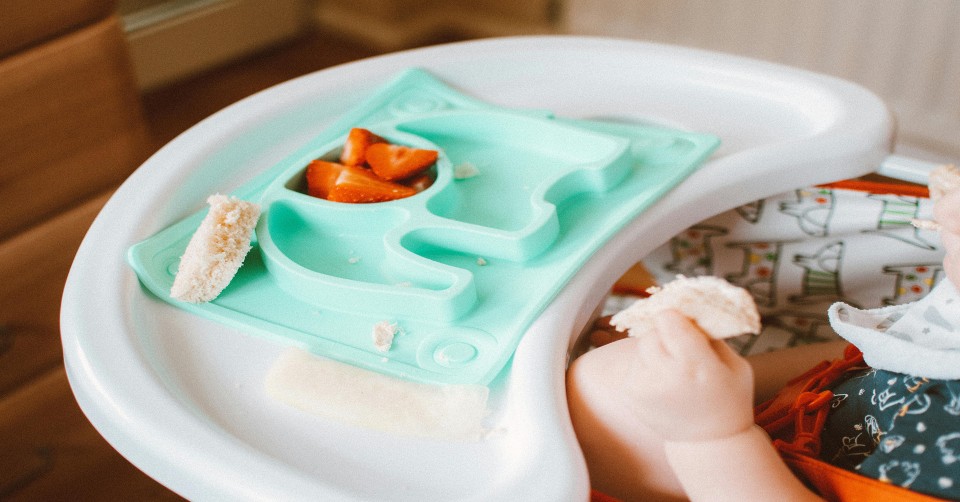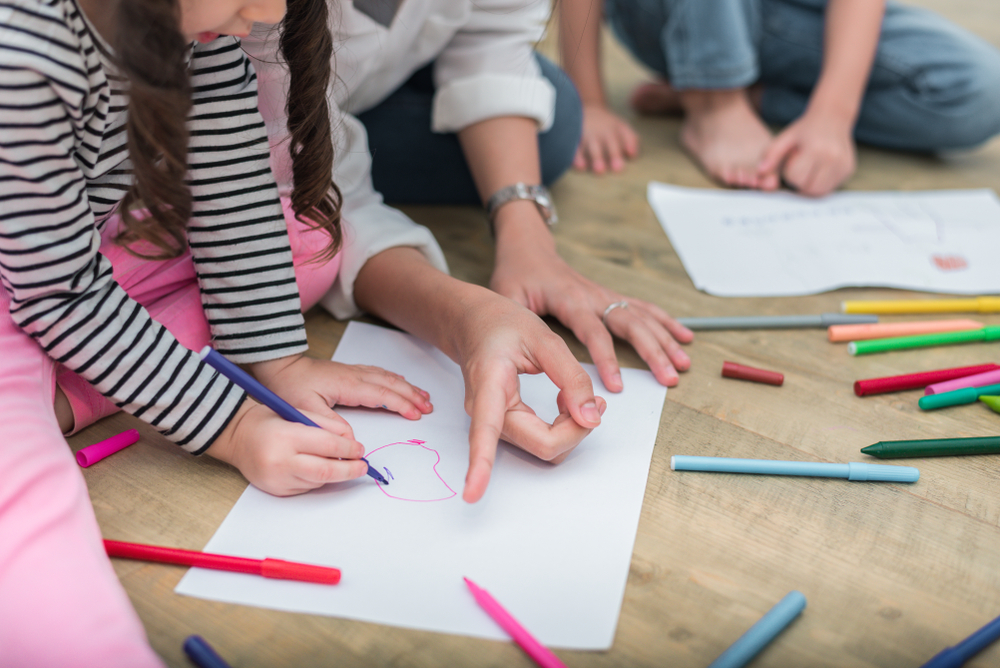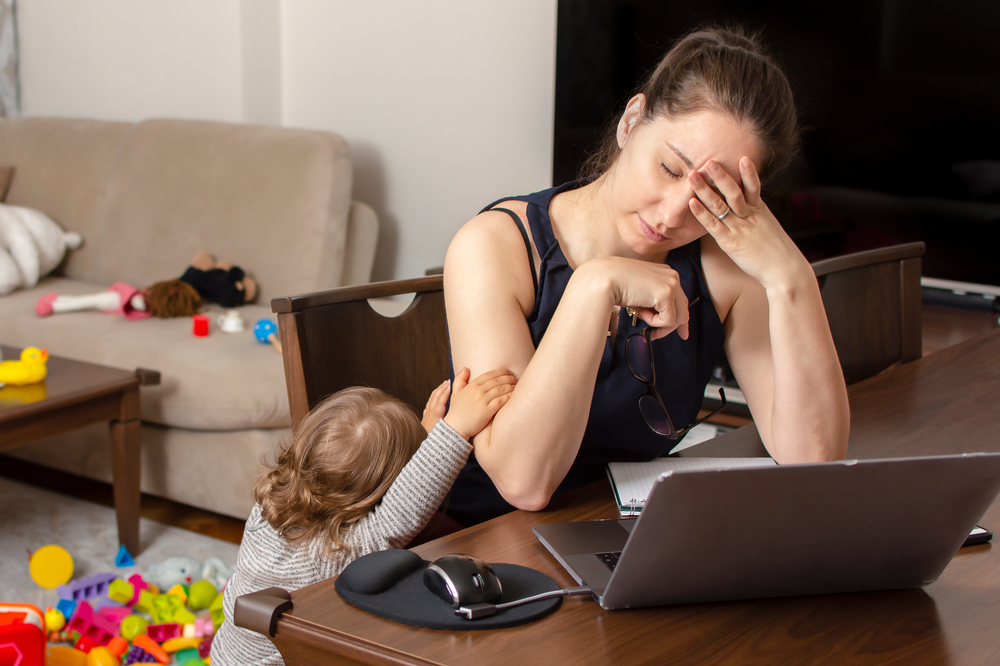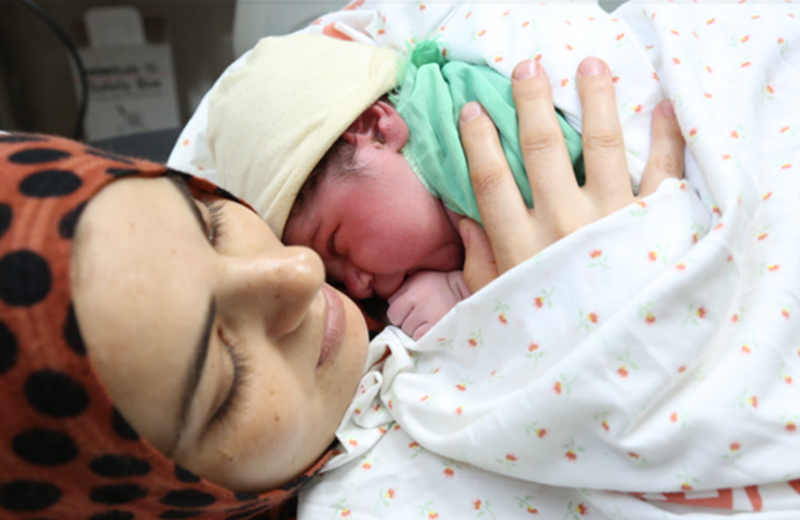Relationships
What does it mean to be sustainable?
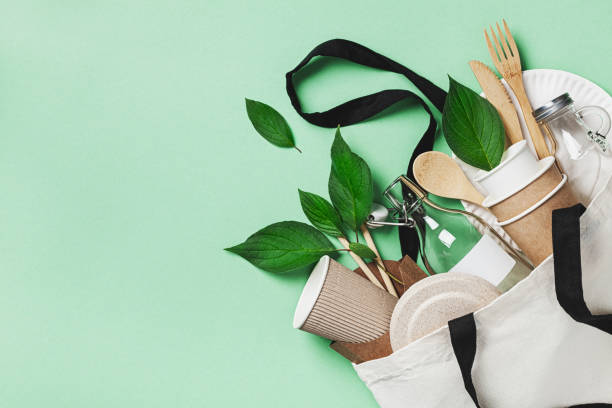
By Rania Dawud
Sustainability is a term that is tossed around a lot; it’s become an environment-related buzzword along with “green,” “organic” and “eco.” But what does it really mean to be sustainable?
Sustainability is understanding that our natural resources are precious and are not endless. It’s about recognizing that many of our practices and consumption habits of natural resources cannot be maintained in the long-run; they are actually uneconomical and careless.
When it comes down to it, sustainability is about confronting our habits and trying to find ways to be less wasteful. Considering that our faith and culture also encourage us to be sustainable and to practice gratitude towards what we have, shouldn’t that message have come across loud and clear and pushed us to change already? But no, we have become accustomed to our own lifestyles that we have become unintentionally wasteful.
We must learn to become more self-aware and to cut down on waste. This is how to do it:
Cut down on plastic use
Single-use plastics are everywhere. From water bottles, disposable cutlery, wrapping paper, zip-lock bags, packaging and so much more. We use plastic in horrifying amounts when it can be fairly easy to cut down on.
Switching to reusable water bottles, lunch boxes, totes bags, using old newspapers for wrapping and avoiding wrapped products or produce are all ways to avoid using single-use plastics.
Shop local
Instead of buying imported produce, look into shopping at local farmers’ markets and from local vegetable and fruit vendors. That way, you reduce your carbon footprint and support local farmers in your city.
Shop smarter
Question your purchasing habits, understand what you need versus what isn’t necessary. There is no need for a new wardrobe every season, instead invest in timeless pieces rather than fading trends. Try buying used electronics or appliances when possible. In short, buy better, not cheaper.
Save water and electricity
This should be common sense, however, our water and electricity bills might tell us otherwise. Switching to energy-saving light bulbs, energy-saving extension cords or energy-efficient appliances will be better for both the environment and your wallet.
There are even water-saving shower heads and toilet installations that help cut down on unnecessary water waste.
Be wary of food waste
Nearly one-third of the food we make ends up in the trash. And why waste food knowing that there are others who lack proper meals?
Freezing food, composting it and creatively using your leftovers are all ways to reduce the amount of food that ends up in our garbage. Read more about food waste here.
Reusable-anything will be better
Aside from reusable water bottles and the like, there are also reusable towels for removing makeup and for skincare, cloth rags instead of paper towels, and glass jars for storing new items once the jar is empty.





